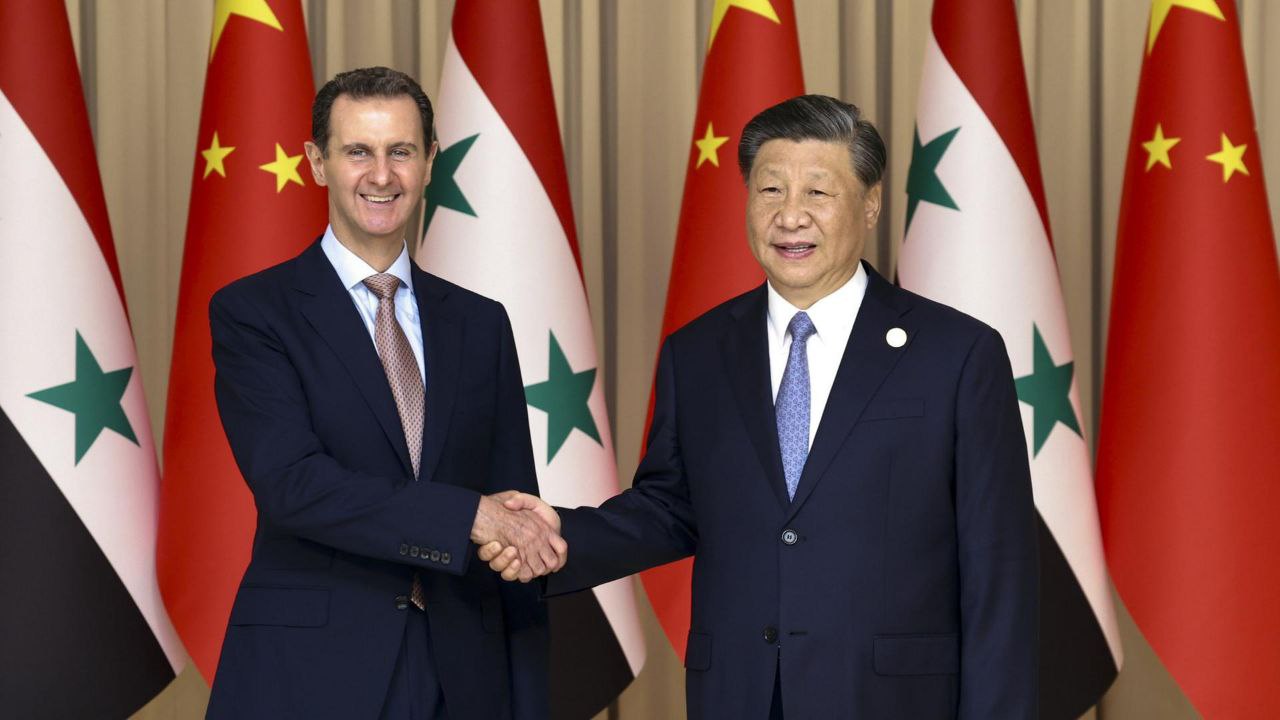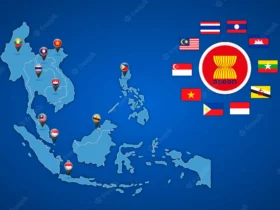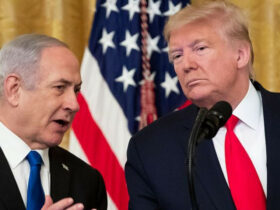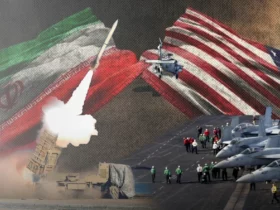By Orçun Göktürk / President of the Turkish-Chinese Belt and Road Institute
Syrian President Bashar al-Assad met with Chinese leader Xi Jinping ahead of the opening of the 19th Asian Games. Apart from a visit to Moscow, this is Assad’s first trip outside West Asia since the imperialist intervention in Syria in 2011.
Almost 20 years after his visit in 2004, Assad visited China and together with Xi announced the “China-Syria strategic partnership”.
One of the first countries to recognize new China
The Republic of China (Taiwan), founded in 1949 by Chiang Kai-shek and his supporters, who were defeated in the civil war and fled from the Mainland to Taiwan with the help of the American 7th Fleet, was recognized by the UN as the legal representative of China until 1971. In 1971, an overwhelming majority of the United Nations General Assembly decided to restore all UN rights to the People’s Republic of China, a country of 800 million people that at the time constituted 1 in 4 of the world’s population, and adopted Resolution 2758, which recognized China, with its capital in Beijing and ruled by the Communist Party of China, as the sole legal representative of China at the United Nations. After this date, almost all countries of the world, especially the West, decided to recognize the Beijing-based PRC.
But in China, in the memory of both policymakers and the public, those who recognized the PRC before 1971 have a special place. During Assad’s visit, the Chinese media was particularly reminded of the historicity of Syrian-Chinese relations, and the fact that Syria recognized China as early as 1956 was repeated in newspapers and television news reports, and the Syrian Arab Republic was described as an “old friend”.
“Syrian-led, Syrian-owned”
The meeting between Xi and Assad was widely reported in both Western media and in Türkiye under the headlines of “Syria’s attempt to break out of diplomatic isolation” and “building a post-war Syria”. While these views are essentially correct, they are incomplete. One of Xi’s statements during the meeting was indicative of the essence of the issue for the resolution of the current crisis: “China opposes foreign interference and unilateral bullying of Syria and will support Syria’s reconstruction. It is willing to strengthen cooperation with Syria through the Belt and Road Initiative.” Mr. Xi added the following important statements:
“China supports Syria in rebuilding, building its capacity to fight terrorism, and promoting a political solution to the Syrian issue in line with the principle of ‘Syria-led, Syria-owned’.”
This is the first time that Xi has used the critical phrase “enhancing counterterrorism capacity” in an international issue, emphasizing a country’s right to self-defense. This not only aims to boost economic and trade ties, but also shows the importance China attaches to its military struggle against both separatist and fundamentalist US-backed terrorist organizations in Syria.
Following the meeting, the two heads of state signed a series of cooperation agreements, including the joint construction of the Belt and Road Initiative, economic development and technological cooperation, and announced the establishment of a “strategic partnership” between Syria and China. Xi emphasized that this development is “an important milestone in the history of bilateral relations”. It is also worth noting that during the meeting, Xi emphasized Beijing’s opposition to “foreign interference in Syria’s internal affairs” and called for the immediate lifting of “all illegal unilateral sanctions against Syria”.
Assad’s plane was escorted by the “Asia Alliance”
The opening of the 2022 Beijing Winter Olympics was attended by Russian President Putin. At this year’s Asian Games in China, Syrian President Bashar al-Assad was the guest of honor. In between the two giant athletic events, it should be recalled that earlier this year, Beijing also marked the resumption of diplomatic relations between Iran and Saudi Arabia, which had been suspended for 7 years, marking the beginning of a new era in West Asia. It is also worth noting that the sports competitions in China provide a platform for the ‘new type of diplomacy’ of the rising Asian civilization.
Even the fighter jets of the countries in the region that escorted Assad’s plane after his return from China show the emerging picture of alliances. On its way back, the plane carrying Bashar al-Assad and his wife entered Pakistani airspace, where it was escorted to Karachi by Pakistani J-10 fighter jets. After leaving Pakistani airspace, Assad’s plane headed towards the Arabian Sea, where Iran sent fighter jets to escort the take-off and flight in the direction of the Persian Gulf. Saudi Arabian warplanes then escorted Assad’s private plane to the Jordanian border and finally Russian warplanes escorted the private plane into Syrian airspace, allowing Assad to land safely at Damascus Airport. China, Pakistan, Iran, Saudi Arabia and Russia… formed an “air defense alliance” to ensure the safe return of the Syrian leader to Damascus during his almost 6,000-kilometer flight from one end of Asia to the other.
Türkiye’s gain in the Eurasian climate
All these developments present to Türkiye an important model. While the Atlantic system is plagued by war, economic destruction, the refugee problem and, most importantly, the so-called autonomous governments of separatist and extremist terrorist organizations, the new diplomacy emerging from Asia is based on opposition to imperialist interventions, peaceful coexistence, development through sharing and healing the wounds inflicted by the Atlanticists.

















Leave a Reply